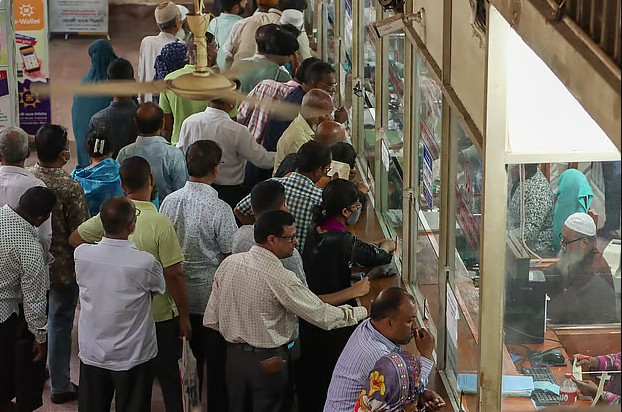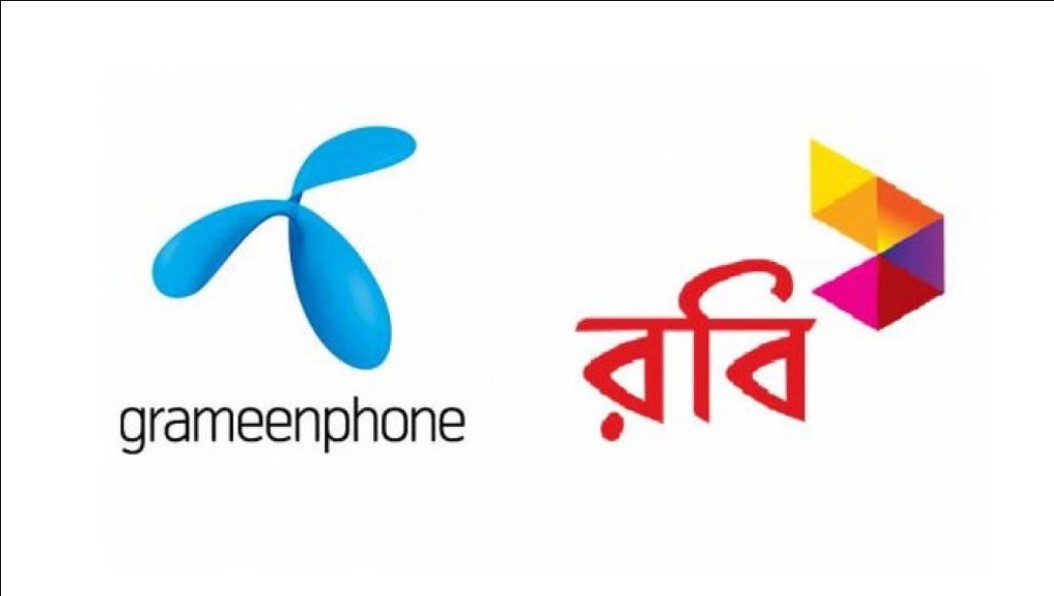If you maintain a significant amount of money in your bank account, the bank will deduct excise duty from your balance.
Previously, excise duty was applicable on bank accounts with a balance exceeding one Tk 100,000.
Under the new rule, excise duty will now apply only when the account balance exceeds Tk 300,000. This change was introduced in the national budget announced in June of the current fiscal year, offering some relief to customers.
Towards the end of December, many bank customers usually receive mobile notifications informing them of deductions from their accounts. Many do not understand the reason for such deductions, these represent the excise duty collected by the banks.
What is excise duty?
Excise duty is a form of indirect tax imposed by the government on certain goods, services or financial activities. For instance, maintaining money in a bank account, making phone calls or purchasing cigarettes.
This duty is not levied on an individual’s income or profit; rather, it is charged based on specific activities or the use of particular facilities.
If at any point during the year a customer’s bank account holds Tk 300,000 or more, excise duty becomes payable. It is important to note that this duty is imposed based on the balance of the account, not on the total annual transactions.
What amount of excise duty will be cut against how much money
If, at any time during the year, your bank account balance remains up to Tk 300,000, no excise duty will be deducted.
For balances from three lakh and one taka to five lakh taka, the excise duty is 150 taka; from five lakh and one taka to 10 lakh taka, it is 500 taka; from 10 lakh and one taka to 50 lakh taka, it is 3,000 taka; from 50 lakh and one taka to one crore taka, it is 5,000 taka; from one crore and one taka to two crore taka, it is 10,000 taka; from two crore and one taka to five crore taka, it is 20,000 taka and for balances exceeding five crore taka, the excise duty will be 50,000 taka.
How is the deduction made?
If at any time between January and December the balance in your bank account reaches or exceeds the threshold of three lakh taka (or any higher slab), excise duty will be deducted at the applicable rate. Even if the threshold is reached multiple times within the same year, the duty is deducted only once.
If a customer maintains multiple bank accounts that each reaches the applicable threshold, excise duty will be deducted from each account separately.
For example, if you have four lakh taka distributed across three different bank accounts, each account will be charged 150 taka, totalling 450 taka. Generally, the deduction is made on the last working day of December, though in some cases, it may occur during the first week of January.
Types of accounts subjected to excise duty
Excise duty applies to almost all types of bank accounts, including – Savings Accounts, Current Accounts, Fixed Deposit Receipts (FDR), Deposit Pension Schemes (DPS), Salary-based Accounts and others.
Purpose of excise duty
Excise duty serves several important purposes. It is collected by the National Board of Revenue (NBR), with banks acting on behalf of the NBR by automatically deducting the duty from accounts and depositing it into the government treasury. The key objectives behind imposing excise duty include – Enhancing government revenue collection; Bringing high-income individuals within the tax net; Ensuring transparency in financial transactions; maintaining fiscal discipline; facilitating administrative efficiency and taxpayer convenience.
Courtesy: Prothom Alo Online





